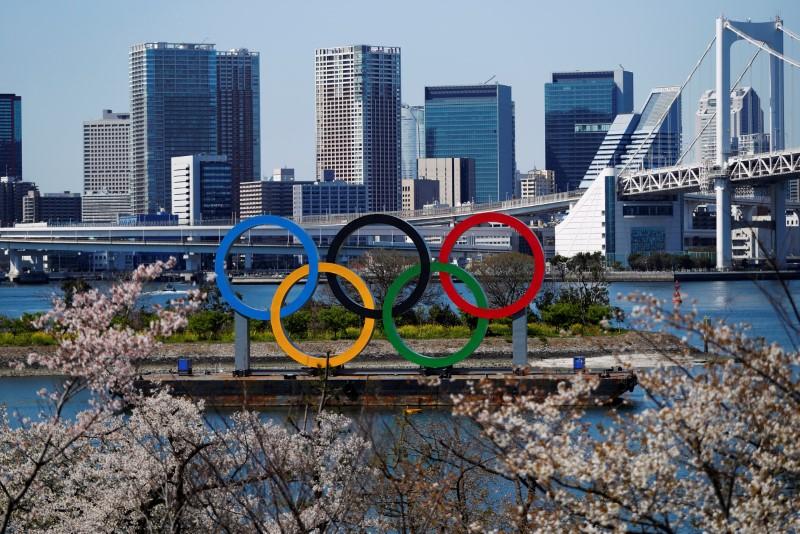TOKYO (Reuters) – Japan awoke on Wednesday to the deflating reality that the Olympics they had hoped to host in Tokyo this summer were now probably 16 months away after the coronavirus crisis forced organizers into an unprecedented postponement.
The International Olympic Committee (IOC) and Japanese government finally succumbed to intense pressure from athletes and sporting bodies around the world on Tuesday when they agreed to put back the Games until 2021.
It was a huge blow to Japan, which has invested $12 billion in preparations, but also for the prestige of the Olympic movement and its leader, Thomas Bach, who had come under fire for not reacting sooner in the face of the global health crisis.
Japan Olympic Committee (JOC) President Yasuhiro Yamashita said that the decision had come earlier than he thought it would, but that he was determined the host nation’s athletes would be ready to compete in 2021.
“Now that the decisions have been made, let’s take this positively, reset our mindset,” he told a news conference.
“With a fresh mind, not giving up, I want to go through this challenge heading into next year.”
Japanese government officials said Prime Minster Shinzo Abe had phoned U.S. President Donald Trump to explain the postponement as they sought to further cushion the economy from the twin blows of the coronavirus and the delayed Games.
Later on Wednesday, Trump tweeted: “Congratulations to Prime Minister Abe of Japan, and the IOC, on their very wise decision to present the Olympics in 2021. It will be a great success, and I look forward to being there!”
Tuesday’s decision came 122 days before the planned opening ceremony at Japan’s newly built National Stadium, which was tousher in the 16-day event featuring 11,000 athletes from 206nations and territories.
The

